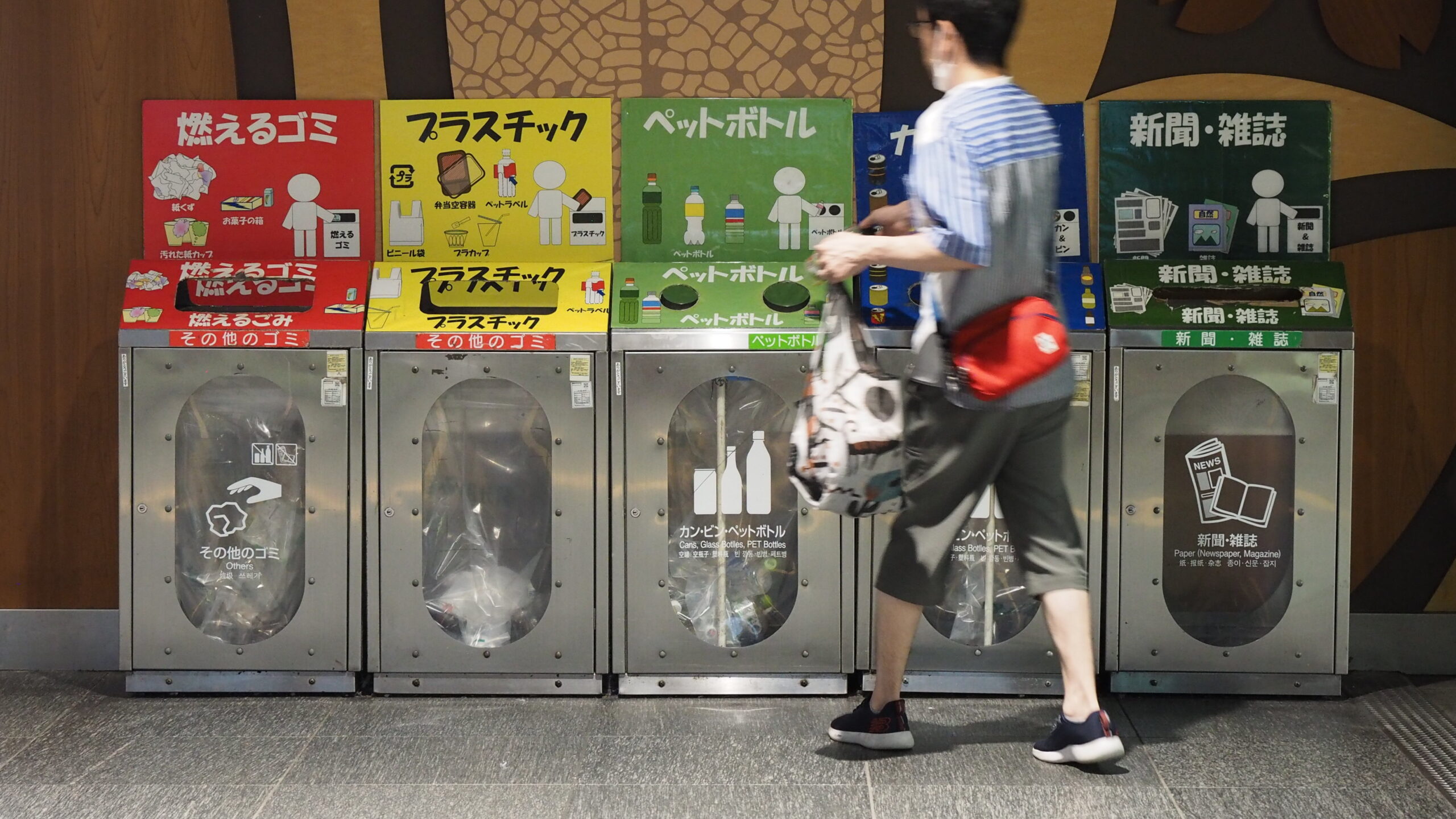Visitors to Japan have expressed a clear dislike about one aspect of the country they would get rid of if they only could, according to a new official survey undertaken by the Japan Tourism Agency. More than a fifth of visitors agreed that the most annoying thing about their visit was the lack of rubbish bins in Japanese public places, the data shows.
The research was undertaken at five big airports between December 2024 and January 2025. It asked more than 4,000 departing passengers at the Fukuoka, Haneda, Kansai, Narita, and New Chitose hubs to rank their complaints about their experience in Japan. Just under 22% of visitors said the absence of bins in locations such as train stations was the most frustrating part of their trip.
 © CC BY-SA 4.0 | Ka23 13 on Wikimedia Commons
© CC BY-SA 4.0 | Ka23 13 on Wikimedia Commons
No bins and strict anti-litter rules
Like some other destinations around the world, Japan has removed rubbish bins from public spaces over recent years due to concerns about terrorists placing bombs or poisons in them. This year marks three decades since the Sarin gas attack in Tokyo in 1995.
The lack of bins combines with strict rules on littering in Japan (anyone found discarding their refuse on the street or in public can face financial penalties and worse consequences). As a result, it is common for people to carry bags to take their garbage home with them – something the foreign guests did not appreciate having to do themselves. However, the frustration with the situation was actually an eight per cent improvement on last year.
Language difficulties and overtourism
Another common bugbear among visitors was the communication barrier. Over 15% of guests complained that service and hospitality staff did not speak English. And the third biggest problem experienced by visitors, with 13.1% agreeing, is overcrowding.
Japan has seen a post-COVID-19 surge in popularity that has caused issues with visitor numbers in certain destinations. Barriers had to be erected in front of an unofficial viewpoint of Mount Fuji, where tourists jaywalked and blocked traffic to get photos. Mount Fuji trails are now charging an access fee, Kyoto is raising tourist taxes, and even shrines have complained of such poor visitor etiquette they have had to close their doors.
In 2024, 30% of visitors said in another survey that they had felt the effects of overtourism during their stay. Nonetheless, the East Asian island nation has a target in place to attract 60 million visitors by 2030. Authorities are hoping to draw visitors away from hotspots by improving connectivity and promoting less-trodden itineraries.


AloJapan.com